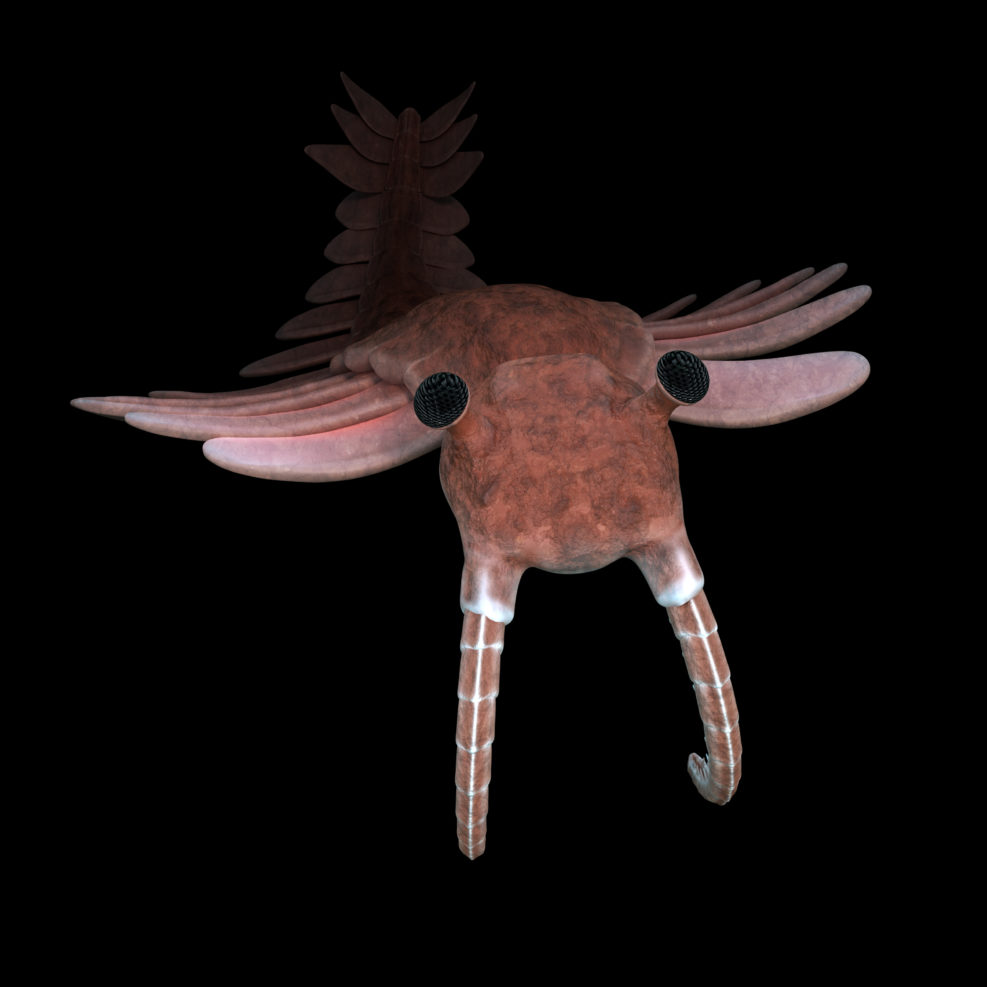
Can Largely Rearranged Genomes Explain Why Octopuses Are Smart?
Even compared to each other, the genomes of three cephalopods studied had been broken up and extensively reorganizedOctopuses, squid, and cuttlefish are among the smartest invertebrates, rivalling mammals for complex behavior that can include delaying gratification, having good memories (even in old age), and getting emotional about pain. Yet they are related to life forms like the nautilus which displays few such qualities. Looking to solve the mystery, researchers began to examine the genomes of the two-spot octopus, the Boston Market squid, and the Hawaiian bobtail squid. And that’s where they discovered something interesting. Squid genomes were arranged differently from those of similar life forms.: Compared to genomes from some of their mollusk kin, the coleoid cephalopods’ genomes are very divergent, says [Oleg] Simakov. “You have this mosaic of chromosomes, where ancestral chromosomes were broken up and Read More ›
